Anta Kursiša (Stockholm) p.164-186
2024 Iss 1
Abstract
Im Auftrag des Goethe-Instituts wurde im Schuljahr 2021-2022 in mehreren Ländern Nordeuropas das Projekt „Sprachenexpedition rund um die Ostsee“ durchgeführt. Im Rahmen dieses Projektes wurde Unterrichtsmaterial zur Beschäftigung mit der eigenen Mehrsprachigkeit sowie mit den Sprachen in den beteiligten Ländern erstellt. Die beteiligten Lehrkräfte erhielten in mehreren Workshops eine Einführung in die Thematik, die Ziele und die Aufgaben der einzelnen Themenbereiche.
Der Beitrag stellt das Projekt exemplarisch aus der Perspektive Lettlands als eines der teilnehmenden Länder vor. Die Diskussion der sprachen- und bildungspolitischen Rahmenbedingungen sowie der Rolle des Deutschen bildet die Grundlage für die Einschätzung der Erfolgsaussichten eines Projektes für den DaF-Unterricht, in dem Deutsch nicht als Ziel-, sondern als Ausgangs- und Kommunikationssprache für die sprachliche Arbeit fungiert. Eine wichtige Schlussfolgerung ist dabei, dass die deutsche Sprache den Ausgangspunkt für die Bearbeitung der Themen im Projekt bilden kann, weil sie in Lettland bzw. in der gesamten Ostsee-Region als gesellschaftliche Ergänzungssprache fungiert.
In the academic year 2021-2022, the project “Language Expedition around the Baltic Sea” was conducted on behalf of the Goethe Institute in several Northern European countries. The teaching material created in the project, had the aim of helping students to engage with their own multilingualism and the languages in the participating countries. During a series of workshops, the participating teachers were introduced to the topic and the objectives of the project as well as to the tasks for the students.
This article presents the project from the perspective of Latvia as one of the participating countries. The discussion of the language and education policy framework and the role of German, forms the basis for assessing the prospects of success of a project for GFL teaching in which German is not the target language, but the source and communication language. The paper concludes that the German language can serve as a suitable point of departure for work on the project’s topics, as it functions as an additional language of society in Latvia and the entire Baltic Sea region.
